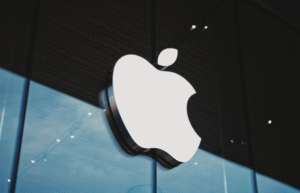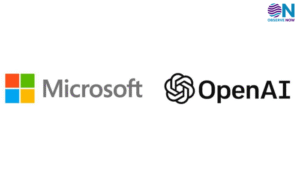Ten Innovations Reshaping Education in 2025

In 2025, the educational landscape is undergoing a significant transformation, driven by technological advancements and innovative approaches to learning. These changes are enhancing the way educators teach and students learn, making education more personalized, engaging, and accessible.
1. AI-Powered Personalized Learning
Artificial Intelligence (AI) is revolutionizing education by enabling personalized learning experiences. AI tutors can assess a student’s strengths and weaknesses in real-time, creating customized learning paths that adapt as the student progresses. This individualized approach ensures that each student receives support tailored to their unique needs, moving away from the traditional one-size-fits-all model.
2. Online Writing Support Services
Platforms like Edubirdie are becoming integral to education by offering students assistance in developing their writing skills. These services provide guidance on structuring arguments, proper citation, and effective communication, serving as on-demand writing coaches. They are particularly beneficial for non-native English speakers and students balancing academics with other responsibilities.
3. Integration of Augmented and Virtual Reality
Augmented Reality (AR) and Virtual Reality (VR) technologies are making classrooms more interactive and immersive. Students can explore historical sites, conduct virtual science experiments, or visualize complex concepts in 3D. These tools enhance understanding and retention by providing experiential learning opportunities that were previously unavailable.
4. Gamification of Learning
Gamification is transforming education by incorporating game elements into learning processes. Educational platforms are using points, badges, and leaderboards to motivate students and make learning more engaging. This approach not only increases participation but also fosters a competitive yet collaborative learning environment.
5. Adaptive Learning Platforms
Adaptive learning technologies adjust content in real-time based on a student’s performance. These platforms identify areas where a student struggles and modify the curriculum to address those gaps, ensuring a more efficient and effective learning experience.
6. Microlearning Modules
Microlearning involves delivering content in small, manageable segments, allowing students to absorb information at their own pace. This method caters to shorter attention spans and enables learners to fit education into their busy schedules, promoting continuous learning.
7. Blockchain for Credentialing
Blockchain technology is being utilized to secure and verify educational credentials. This ensures the authenticity of degrees and certificates, making the verification process more transparent and reducing the risk of fraud.
8. Collaborative Online Learning Communities
Online platforms are fostering collaborative learning by connecting students and educators worldwide. These communities encourage the exchange of ideas, peer-to-peer support, and collective problem-solving, enriching the educational experience.
9. AI-Driven Administrative Tasks
AI is streamlining administrative tasks such as grading, scheduling, and student assessments. By automating these processes, educators can focus more on teaching and mentoring, improving overall educational outcomes.
10. Emphasis on Soft Skills Development
Educational programs are increasingly focusing on developing soft skills like communication, critical thinking, and emotional intelligence. These skills are essential for success in the modern workforce and are being integrated into curricula through interactive and experiential learning methods.
These ten innovations are collectively reshaping education in 2025, making it more personalized, efficient, and aligned with the needs of the digital age. As technology continues to evolve, the educational sector is poised to offer more dynamic and accessible learning experiences for all.
















